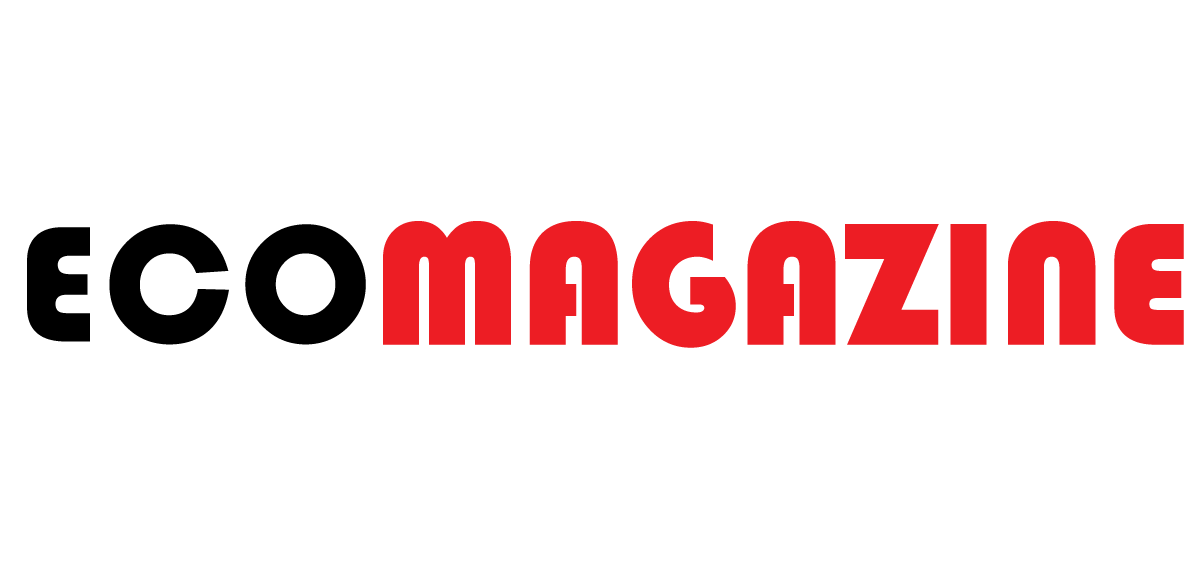Circular economy is an economic development model that relies on recycling material and reduction of waste. This form of doing business and thinking is a growing strategic issue of concern to the business community. Changes that are innovative and nimble are required to bring the successful implementation of the principles of circularity, and start-ups are on the leading edge of developing new solutions. Start-ups assist businesses and society to bridge gaps in the economy via new business models and technologies and through the same processes, attain sustainable growth. Young technology firms have become one of the main sources of the circular innovation in Europe, in particular, connecting environmental sustainability to business competitiveness and resilience.

The Value of Start-ups in the Progress of the Circular Economy
The conversion of the circular economy in Europe will not become feasible with the help of start-ups. The number of start-ups in Europe working on the circular economy is over 2,500 today; this is an indicator of the active ecosystem. The most successful markets in terms of the number of projects and investments attracted are the largest ones, e.g., the United Kingdom, Germany and France, as the European economy pays more attention to sustainable solutions.
Among the most significant issues, the scarcity of resources and the waste heaps that build up can be addressed with the assistance of the new business models (resource sharing and recycling), along with new technologies that are highly developed. Besides, the industry gathers a variety of talent, such as a greater percentage of women founders and international professionals, which enhances the innovation potential of the ecosystem further. Start-ups, therefore, improve the rapidity of the creation of circular solutions and increase the competitiveness of the European economy.
Investment trends in circular start-ups
The number of investments in circular start-ups in Europe is growing despite economic uncertainties of recent years. Although in general investment in European start-ups decreased following the high-point in 2021, one area is the circular economy segment. In 2023, nearly USD 10 billion was inflowed in European circular start-ups, the highest ever percentage of all start-up investments in Europe (14).
This has made Europe a worldwide center of sustainable innovation, to the point that nearly half of the global investment in circular ventures goes there. There is nothing incidental about the fact that such investor attention has been arriving in the form of increasingly responsive business solutions that the role of supply chains as a resource-saving and enhanced-resilience tool is becoming increasingly prominent in the era of climate change and the geopolitical imperatives. Increased capital is pouring in projects that can provide environmental as well as financial value. The funding mechanism is also evolving, and, along with traditional venture capital, public financing and incentives are becoming increasingly significant; this also shows the backing of European policy towards sustainable innovation and signals the investment in circular start-ups as the primary direction.

Wasteless Platform and Carbon Footprint Reduction
Wasteless is a new application which transforms the sphere of scientific labs with the help of the circular economy. Rather than following the traditional linear procurement approach, Wasteless.bio promotes the resale and reuse of pre-owned laboratory equipment. This prolongs the life of costly equipment, decreases the necessity to produce new equipment, and substantially lowers the carbon imprint linked with acquiring equipment.
To research facilities and biotech firms, this is a cost reduction, but it also allows quicker access to more advanced equipment that would be financially out of reach. Wasteless is, therefore, a blend of sustainability and economic efficiency, and a way to have the scientific community think more responsible when handling resources. The platform demonstrates how start-ups can create new markets and generate quantifiable environmental and financial value.
New businesses are key drivers in advancing the move toward a circular economy. Their nimbleness, creativity, and risky tendencies enable them to devise solutions to such problems that conservative companies frequently cannot or do not wish to apply in a short time scale. The presence of strong premises of sustainable economic development is developing in the framework of Europe, where investments in circular start-ups are actively growing, and nearly half of the investments in the segment of the world. Initiatives like Wasteless demonstrate that circular innovation is more than just an ecological necessity—it also creates business value by lowering costs, providing competitive advantages, and the resilience of the industry in the future.


